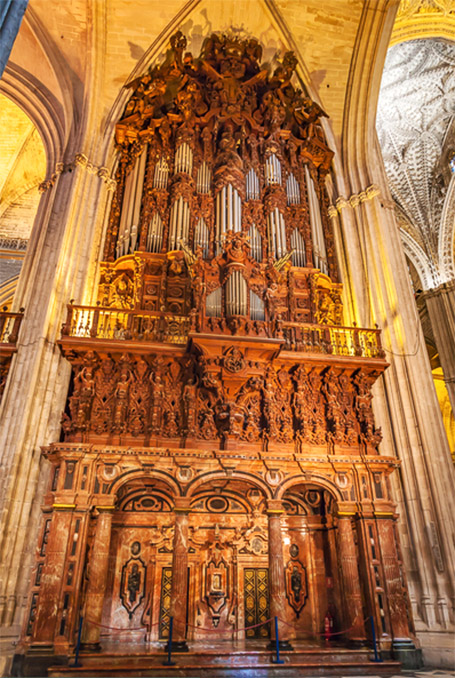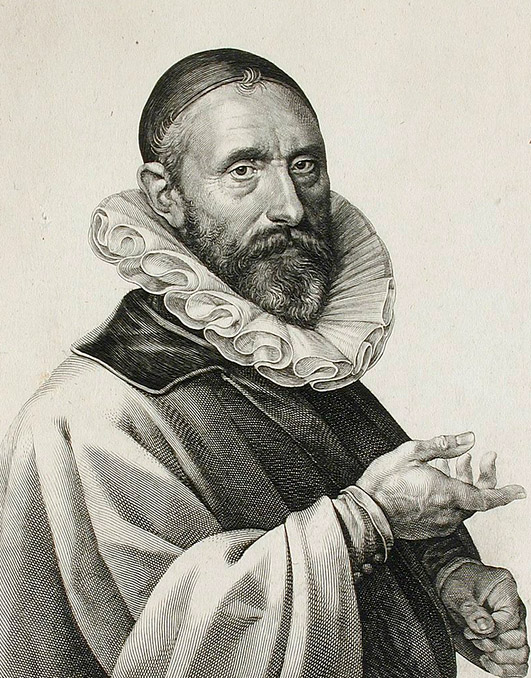August 2021 – Notes on the Music
In his notices at the 11 am Holy Communion on July 25th the Vicar explained that members of the choir would be returning to sing at the 11 am service in August, performing in one of the galleries in order to make safe use of the church space.
Most of the Mass settings are by Renaissance/Baroque composers, but the one exception is the ‘Mass in the Ionian Mode’ by Charles Wood (1866-1926), a kind of pastiche on 16th-century modal writing, though more chordal in style than polyphonic. Accompanying this Mass setting is the communion motet ‘Ecce panis angelorum’ by Samuel Wesley (son of Charles the hymn-writer and father of S. Sebastian Wesley) which delights in the subtitle ‘Transubstantiatorial Hymn’. The only modern work on the list for the morning service is the ‘Salve Regina’ by Francis Poulenc, helping us to celebrate the Feast of the Blessed Virgin Mary on 15th August.
The music chosen for Evensong includes two works that are settings of the readings for the day: on 1st August we perform William Boyce’s lively rendition of verses from Job, ‘O where shall wisdom be found?’, alternating solo verses with full chorus, first published in 1790,
and on 29th August we sing a setting of the Beatitudes by the great early 17th-century Dutch organist Jan P. Sweelinck (image below), ‘Beati pauperes’, in which the composer subtlety reflects the various attributes of the blessed.
Amongst other selections are two of Hubert Parry’s beautiful ‘Songs of Farewell’ on the 22nd, and the powerful ‘Second Service’ of Kenneth Leighton with its spiky organ part, played by visiting organist Richard Gowers, on the 15th. Contrasting with Leighton’s ‘Canticles’ on the 15th we conclude our Marian celebrations with the serene setting of ‘Ave Maria’ by Robert Parsons, a work that probably dates from the reign of Queen Mary. The calmness of the setting is partly due to the initial slow rise of the soprano line, gradually ascending the six notes of the hexachord, but by the end full polyphony is achieved in a glorious Amen.
The organ music chosen to top and tail our services often (though not always!) reflects either the musical repertoire of the service itself or the liturgical calendar. On the 15th, for example, we hear Bach’s ‘Fugue on the Magnificat’ in the morning (remembering the BVM), and Leighton’s ‘Paean’ in the evening (to complement his Second Service).
One rarity: I first came across Aguilera de Heredia’s ‘ensalada toccata’ when reading Willi Apel’s ‘The History of Keyboard Music to 1700’ as an undergraduate, where it is described as“one of the most valuable treasures of early organ music”. It has unfortunately remained very little known to this day outside Spain, but thanks are now due to Seville organist Juan A. Pedrosa who has just has put a fine edition of the work online. The description ‘ensalada’ (‘salad’) refers to the delightful mixture of different musical elements heard during the course of the piece. (There is an image below of the beautiful organ in Seville Cathedral)
Regular worshippers at Evensong will have noticed some minor changes to our pattern of singing at present. During these summer months I have planned the music so that we sing the same setting of the Preces, Responses and Lord’s Prayer during the course of each month, as well as the same Final Amen. This repetition allows regular attenders to experience something familiar each week in a service that contains so much varied music. For the singing of the Psalms we are alternating the two sides of the choir, Decani and Cantoris, within each verse. Many verses of the Psalms contain a single idea that is posited slightly differently in the two halves of the verse; this is thus reflected rhetorically through the interplay between the two sides of the choir. (Amongst the psalm chants this month is one by former Organist & Director of Music Martindale Sidwell.)
Finally, instead of singing an Introit every week, these will only be sung occasionally, when fitting well with a particular liturgical or musical theme.

